
OR
Impeachment should not be used as a means to interfere or control the judiciary: SC
Published On: May 14, 2023 07:00 PM NPT By: Bhasa Sharma

KATHMANDU, May 14: The Supreme Court (SC) has stated that filing an impeachment motion against the chief justice should not be used as a means of interfering and controlling the judiciary. In a verdict regarding the impeachment case filed against the then Chief Justice Sushila Karki in Parliament, the SC said that the concerned parties should take up the responsibility if they cannot pass the impeachment motion.
The then Chief Justice Karki retired on June 7, 2014 due to age limit.
The full text of the verdict delivered by the Constitutional Bench of Acting Chief Justice Hari Krishna Karki, Justice Bishowambhar Prasad Shrestha, Ishwar Prasad Khatiwada, Ananda Mohan Bhattarai and Anil Kumar Sinha on November 23, 2022 has been made public. Justice Bhattarai expressed a different opinion on the verdict.
Since there is a tendency to file impeachment motions against the chief justice in the Parliament, but it is left unfinished, the Supreme Court has mentioned that impeachment should not be used as a weapon to control the judiciary. The impeachment motion against former Chief Justice Cholendra SJB Rana was also stalled as the MPs were not able to prove him guilty.
He has neither been convicted nor acquitted. If the impeachment motion registered in the parliament is not passed, it is written in the decision that the proponents and supporters should take up the responsibility for it. The Supreme Court has explained that impeachment against a judge or any constitutional officer, should not be prolonged on various pretexts and should not be made a subject of negotiation.
The Supreme Court has also explained that impeachment should not be made a matter of anyone's personal vendetta. The Supreme Court has ruled that the impeachment motion should be registered in the Parliament only after the government is convinced that the allegations can be proven objectively.
An impeachment motion against the then Chief Justice Karki was registered in Parliament on April 30, 2017. After widespread protests, the impeachment motion was withdrawn from Parliament on June 6. The impeachment proceedings were not started in the House of Representatives (HoR) in accordance with the constitution, and the then General Secretary of the Federal Parliament sent a letter to the Supreme Court stating that Chief Justice Karki would not be allowed to perform official duties. The Supreme Court has ruled that the move of the secretariat is also against the constitution.
The decision of the Supreme Court mentions that since the right to decide on the motion against impeachment lies only in the HoR, no other official of the Federal Parliament can use that right alone.
“Impeachment should not be used as a means to interfere or control the judiciary. Impeachment should not be made a matter of anyone's personal vengeance," the verdict reads, "It is desirable for the proposer and supporter to be confident that they can objectively prove the allegations made while submitting the impeachment proposal."
The right of impeachment is a special provision that can be used in exceptional cases in accordance with the constitution in the context of maintaining constitutional dignity. "It can be used with good intentions when there is sufficient basis and reason as a means of maintaining judicial integrity, preventing arbitrariness, holding responsibility for bad conduct and maintaining judicial competence," the verdict states.
The law also expects prudence in initiating proceedings after the impeachment motion is submitted to the parliament. Rule 168 of the then Legislature Parliament Rules, 2073 BS had provisions related to impeachment. There was a requirement that the meeting should be held within 15 days from the date of registration of the proposal and that the meeting should also be called according to sub-section (3) of Article 93 of the Constitution. The Supreme Court has pointed out that the constitution and the laws to determine the process of impeachment should be carefully concluded with the impeachment proposal. "This arrangement has been made with the view that a judge or any other official of a constitutional body should not be kept in a state of uncertainty for a long time," the verdict states, adding, "It should not be extended indefinitely as a result of someone's inaction, under any pretext or subject to any kind of negotiation."
It is necessary to logically conclude the impeachment proceedings within a reasonable time to ensure the reliability, effectiveness, and independence of the constitutional bodies. According to the Supreme Court, this is a matter related to the accountability of officials who exercise legal authority by taking remuneration from the state treasury.
The Supreme Court also gave reference to the issue of filing impeachment motions in other countries. Article 65 of the Constitution of the Republic of Korea stipulates that only after the parliament accepts the impeachment proposal, the relevant person (including the judge) will be suspended from office until the final decision of the impeachment. This is also the purpose or intent of Article 101 of the Constitution of Nepal.
In Article 101 (6) of the Constitution, it is mentioned that after the commencement of the impeachment proceedings, the chief justice or a Supreme Court justice, the member of the Judicial Council, the head or the official of the constitutional body shall not be entitled to perform the functions of his office until such proceedings are concluded.
Justice Bhattarai's contradicting opinion
Supreme Court Justice Ananda Mohan Bhattarai expressed a differing view in the verdict in connection to the impeachment against the then Chief Justice Karki stating that there was an extremely unreliable, constitutional and legal error.
He has also expressed the opinion that there is an error in the constitutional system in relation to the filing of the impeachment proposal and withdrawing it and it is necessary to amend it.
"It is necessary for the state agencies to perform their roles based on the basic values and beliefs of the constitution,” the different opinion of the judgment said.
In the decision, it is also expected that the executive and management bodies will pay attention to these basic issues in the future and that the independence of the judiciary will be respected. The judgment mentions that the sanctity of constitutional provisions can be maintained if impeachment can be used as a means to remove the corrupt and incompetent officials without falling prey to the party's political interests.
You May Like This
_20211114122844.jpg)
Constitutional bench formed to hear writ petition against lifting of suspension of CJ Rana
KATHMANDU, Dec 9: The Supreme Court has constituted a constitutional bench to hear the writ petition against the lifting of... Read More...
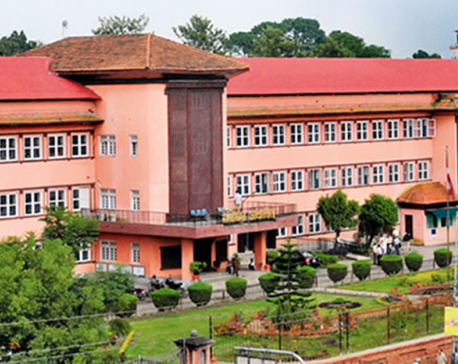
Court Dispute Heading Toward Resolution: Lottery system to be used to schedule cases
KATHMANDU, Nov 19: The stand off seen at the Supreme Court is heading towards the resolution as agitating lawyers and... Read More...
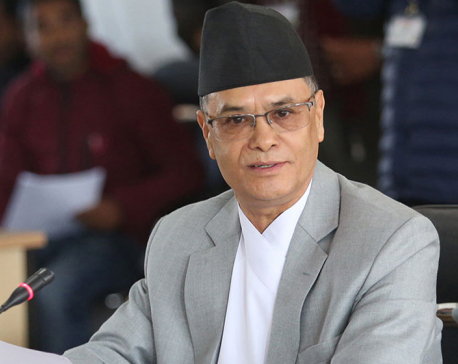
Chief Justice schedules all types of cases for hearing amid boycott of justices
KATHMANDU, Nov 12: Chief Justice Cholendra Shumsher JBR has scheduled hearings for all types of cases including the habeas corpus... Read More...





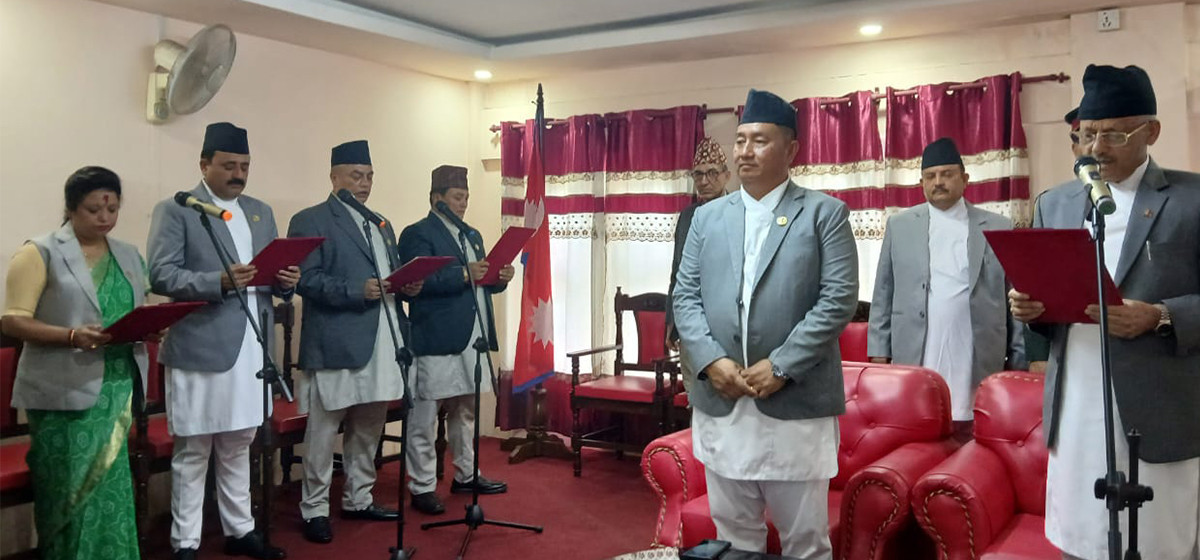
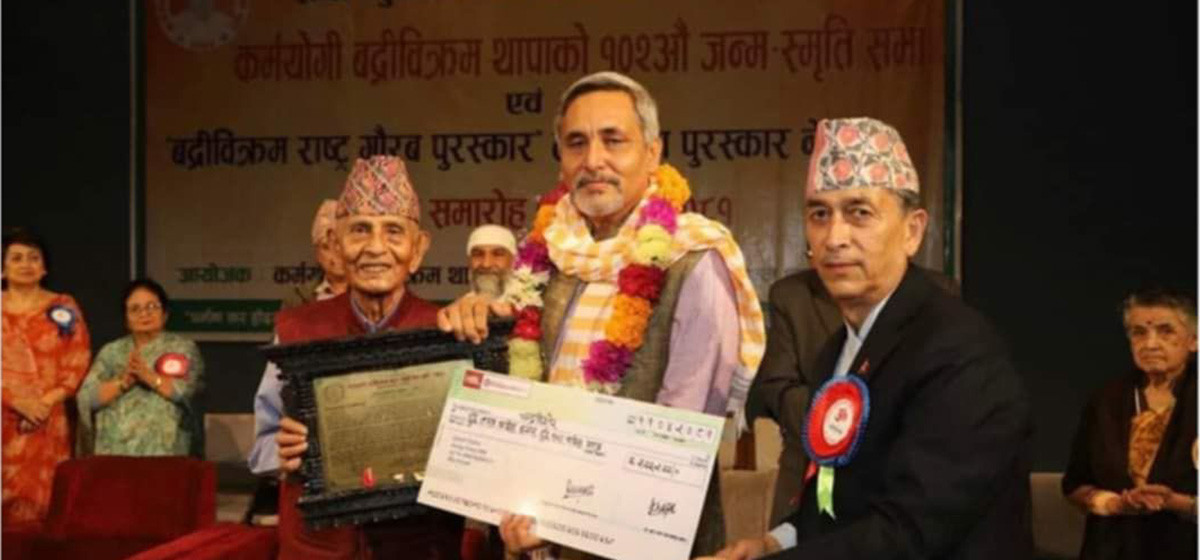
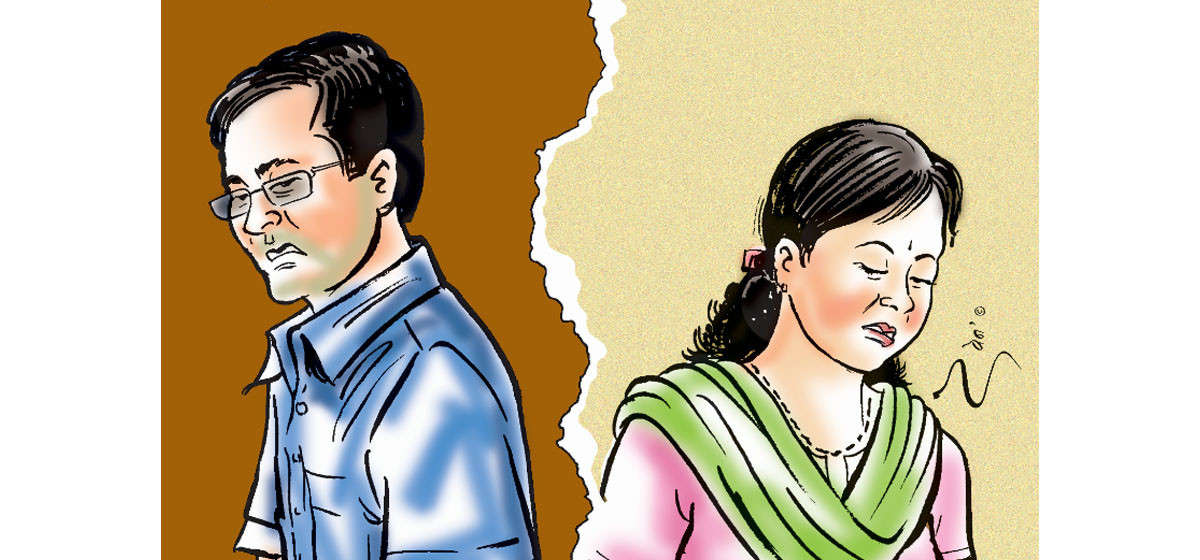
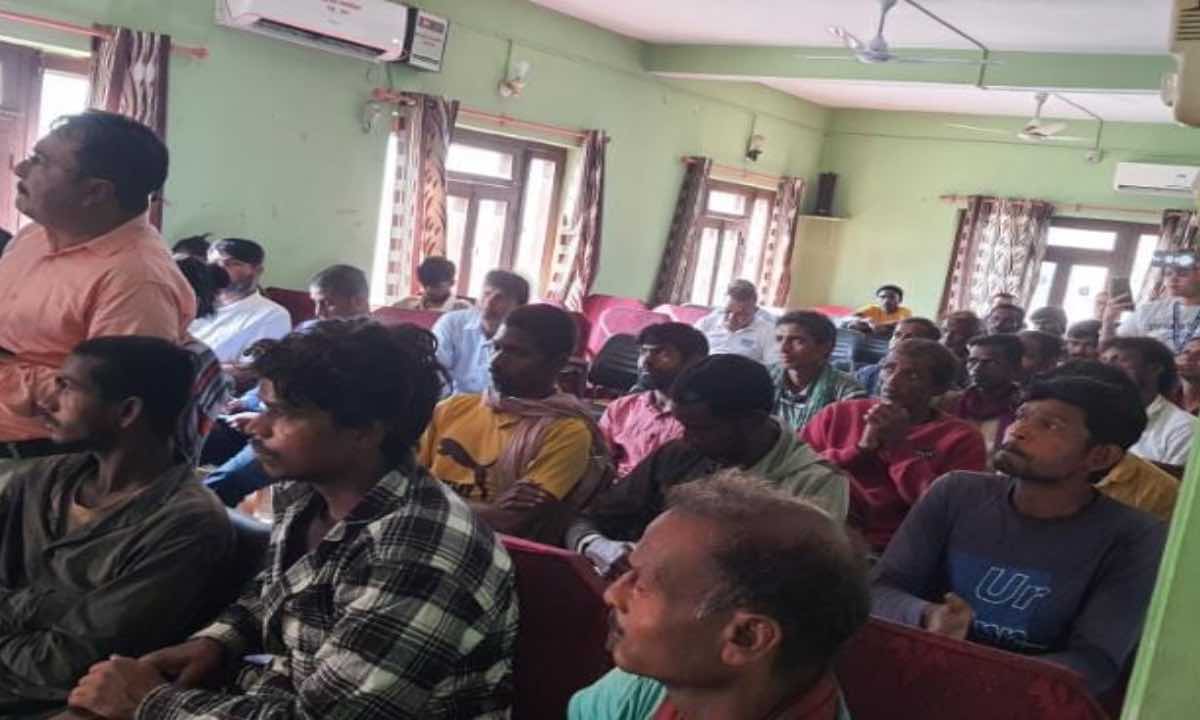
Just In
- Two children found infected with measles in Shuklaphanta
- Four NC ministers take oath of office and secrecy
- Dr Ruit and Journalist Chandra Kishore feted
- Kathmandu records highest number of divorce cases with 13 couples filing for divorce daily
- Rapid response team mobilized in Dhangadhi to contain cholera outbreak
- 28 workers held hostage in India rescued
- Simaltal bus accident: 40-kg magnet deployed to trace missing buses
- Youth of eight districts lead in foreign employment








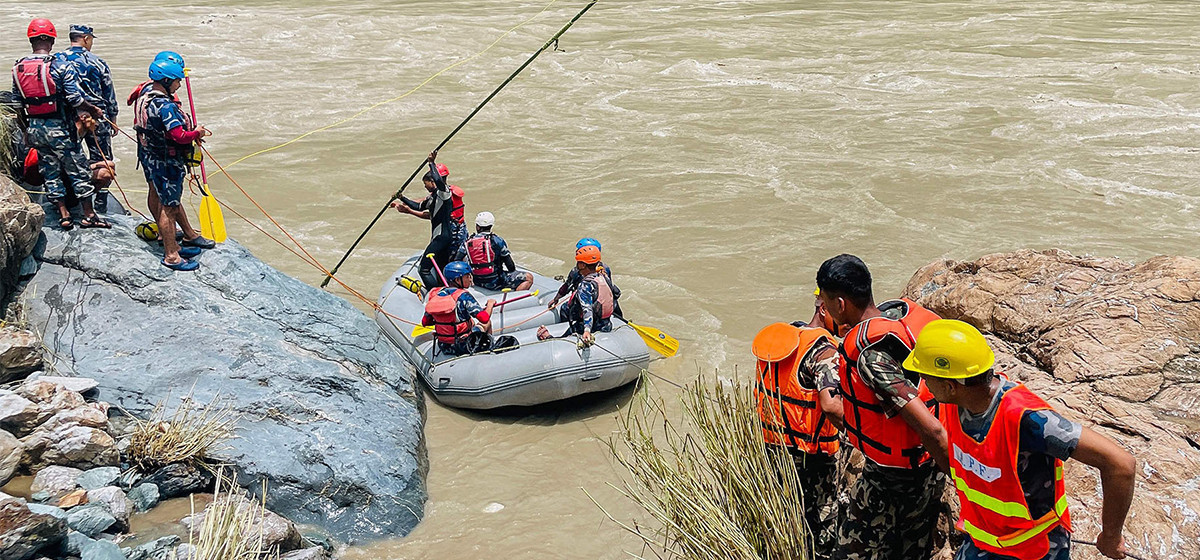

Leave A Comment